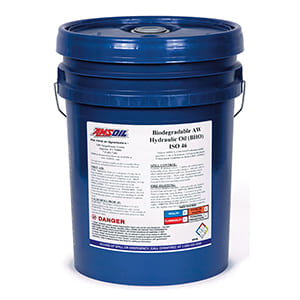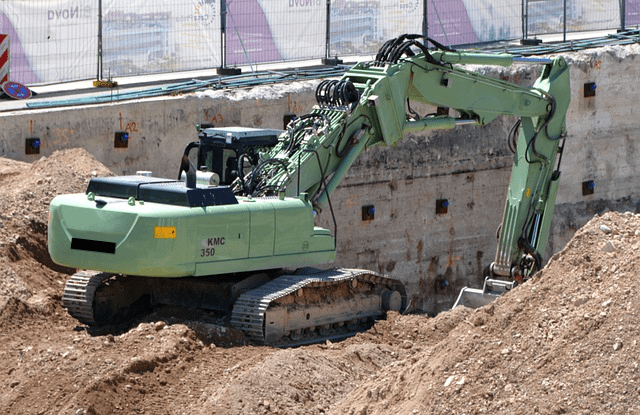Hydraulic systems are the lifeblood of heavy equipment across various industries—construction, agriculture, mining, and more. Whether you’re managing a fleet of excavators, forklifts, or agricultural machinery, ensuring the efficiency of hydraulic systems is critical. One of the most significant ways to boost system performance while cutting costs is through the strategic use of synthetic hydraulic oils. Let’s dive into why maintaining your hydraulic oil is not just a routine chore but a crucial strategy for cost savings and how synthetic oils play a pivotal role in this process.

Understanding Hydraulic Systems and Components
Hydraulic systems may seem complex, but their functionality hinges on several key components: the sump, pump, hoses, valves, and hydraulic motors or pistons. The sump serves as the reservoir for the oil, aiding in heat transfer and allowing contaminants to settle. The pump, often the system’s most expensive component, propels the oil to generate pressure. Different types of pumps, such as gear, vane, or piston pumps, cater to various operational needs.
Hoses transport this pressurized fluid throughout the system, connecting different components. However, they often represent a system’s vulnerability due to potential leaks or bursts. Valves control the flow direction and pressure within the system, while pistons or hydraulic motors convert this hydraulic power into mechanical energy, driving the heavy equipment to perform its functions.
Types of Hydraulic Systems in Heavy Equipment

Hydraulic systems are integral to a wide range of equipment, from bucket trucks and mobile cranes to tractors and skidders. Each piece of machinery, whether it’s a dump truck, a mobile hydraulic power unit, or an agricultural implement, relies on a well-maintained hydraulic system to operate effectively.
Importance of Hydraulic Oil in System Performance
The lifeblood of these systems, hydraulic oil, does more than just lubricate moving parts. It plays a vital role in heat transfer, contamination control, and overall system efficiency. Heat and dirt are among the top adversaries of hydraulic systems, compromising oil quality and, consequently, the longevity and reliability of the machinery. Selecting the right hydraulic oil—considering the specific needs of the equipment and the operating environment—is crucial for maximizing performance and extending lifespan.
Benefits of Synthetic Hydraulic Oils
Now, why should you consider switching to synthetic hydraulic oils? The perks are compelling, especially in terms of cost-effectiveness and operational efficiency.
AMSOIL Synthetic Hydraulic Oils Overview

AMSOIL synthetic hydraulic oils are crafted to provide superior performance across a variety of heavy-duty applications. These oils come in several formulations, including Anti-Wear, Biodegradable, Multi-Viscosity, and Tractor Hydraulic/Transmission Oil, each designed to meet the unique needs of different equipment.
Features and Advantages of AMSOIL Synthetic Hydraulic Oils
AMSOIL products are renowned for their ability to reduce heat, extend the life of hoses, and improve cold-weather operation. These synthetic oils offer enhanced protection against oxidation, carbon deposits, rust, and foam, ensuring that your machinery operates smoothly under any conditions. With additives that control wear in high-speed pumps and technology that prevents varnish and other deposits, AMSOIL hydraulic oils help keep your equipment in top shape, thereby reducing maintenance intervals and costs.

By implementing synthetic hydraulic oils like those offered by AMSOIL, you’re not just maintaining your equipment; you’re optimizing its performance and prolonging its life. Consider the switch to synthetic options for a smarter, more cost-effective approach to maintaining your heavy machinery.
In conclusion, optimizing hydraulic oil maintenance with synthetic options like AMSOIL can lead to significant cost savings and better equipment performance. Don’t overlook the potential benefits these high-quality oils can bring to your operations. It’s time to make a proactive decision for the longevity and efficiency of your heavy equipment.

